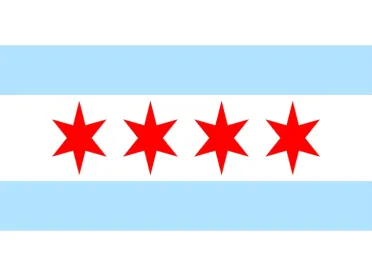In a February 29, 2016, decision, the U.S. Court of Appeals for the Seventh Circuit held that the public disclosure bar precluded a relator, a government watchdog agency, from successfully bringing a False Claims Act (FCA) suit against the Chicago Transit Authority (CTA). Cause of Action v. Chicago Transit Authority, No. 15-1143, 2016 U.S. App. Lexis 3628 (7th Cir., Feb. 29, 2016).
The Seventh Circuit found that the activity underlying the alleged fraud (misreporting transportation data to the Federal Transit Administration (FTA) in an effort to get additional federal funding) was in the public domain for two independent reasons. First, there was governmental disclosure: the government, through FTA itself, knew of the activity, had investigated it, and had issued a report (in the form of a letter to the CTA) on the investigation. Second, the Illinois Auditor General conducted a performance audit of the CTA which uncovered the alleged fraud and issued a report on the same; that audit report was publicly available on the Illinois Auditor General’s website, had been reviewed in a public hearing, and was generally available to the media and the public.
In stating that the governmental disclosure (via the FTA letter) was sufficient for the public disclosure bar to apply, the Seventh Circuit noted that the primary questions were whether the FTA had “actively investigat[ed]” the allegations and reported on that investigation—not, as Relator claimed, whether the FTA had done anything to recover money from the CTA. Here, it was clear from the FTA letter that the FTA had actively investigated the allegations, and the letter itself served as the report.
However, the Seventh Circuit noted that other circuits have criticized its interpretation of the public disclosure bar to include government knowledge without further public dissemination. Other circuits have found that the government is not the equivalent of the public, thus disclosure to the government alone is insufficient to constitute public disclosure. The Seventh Circuit signaled in this case that, were it not for the Auditor General’s report, it might, out of “respect for the position of the other circuits,” reconsider its precedent regarding governmental disclosure constituting public disclosure. In this case, though, the Seventh Circuit found that there was no question that the Auditor General’s report constituted public disclosure, as from it one could infer the fraud and the scienter necessary to commit fraud. As there was no compelling argument that Relator’s claims were independent of the FTA letter and the audit, or that Relator was an original source, the Seventh Circuit held that the district court had properly dismissed the complaint. (The district court did not clarify whether it dismissed on substantive or jurisdictional grounds—i.e., under Federal Rule of Civil Procedure 12(b)(1) or 12(b)(6))—as it thought dismissal was appropriate regardless of the standard. The Seventh Circuit applied the pre-2010 version of the FCA and upheld the dismissal on jurisdictional grounds.)
The Seventh Circuit’s decision reaffirmed the uncontroversial proposition that relators should not expect to piggyback on government audits or on the findings of federal investigations. However, it bears watching how the Seventh Circuit reacts to future public disclosure cases predicated on government knowledge of facts or allegations, where there has been no further public dissemination of those facts or allegations.



 />i
/>i
